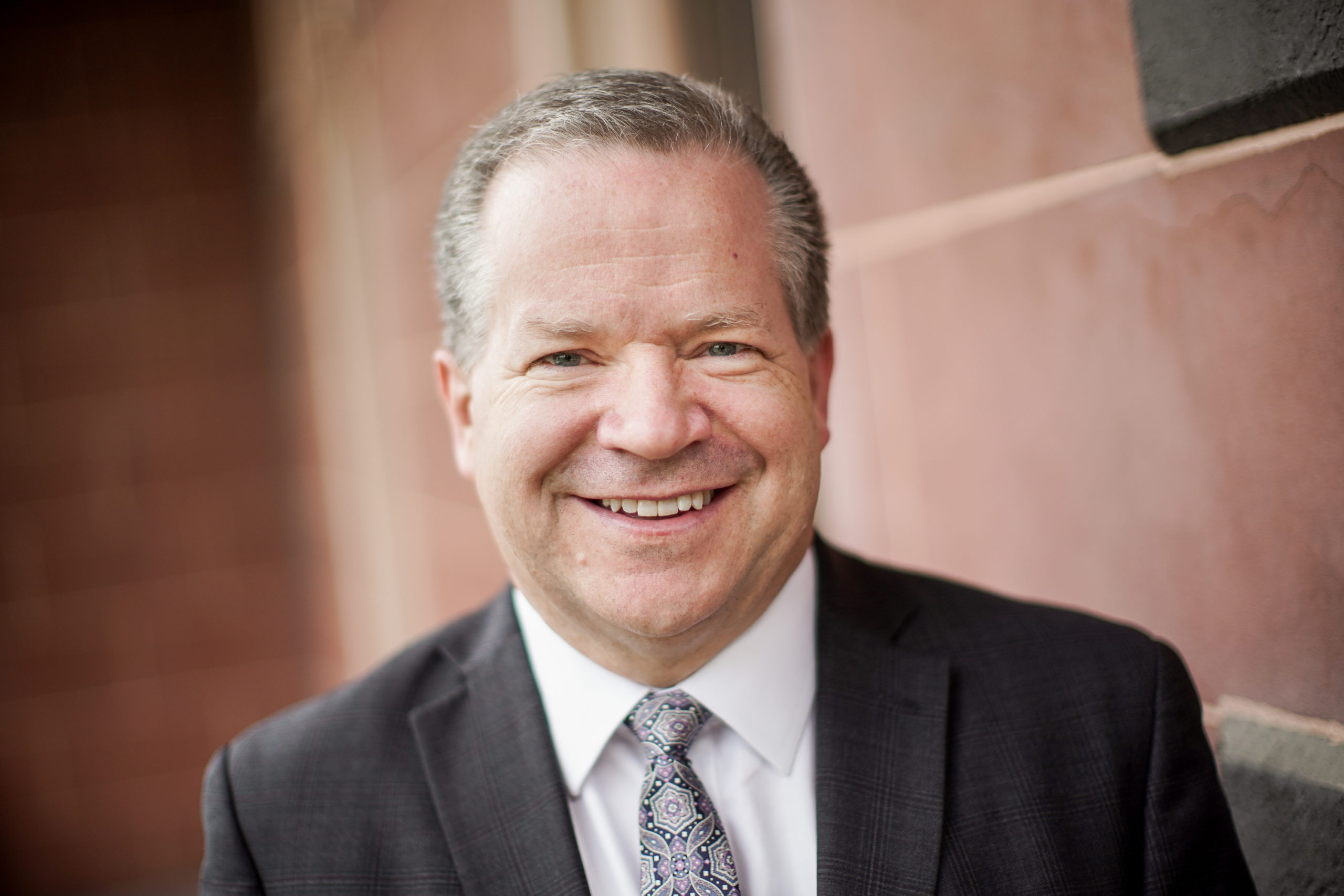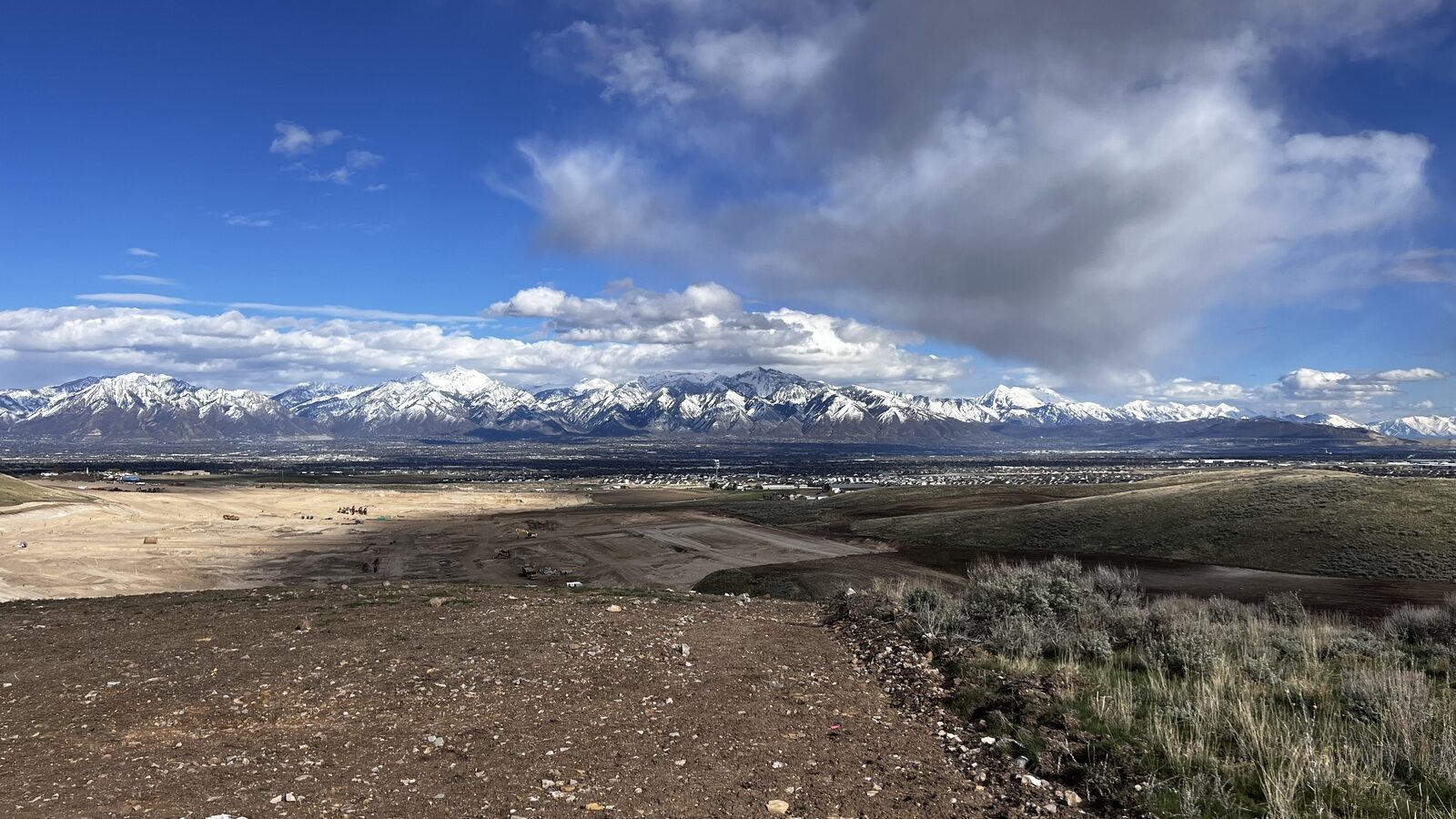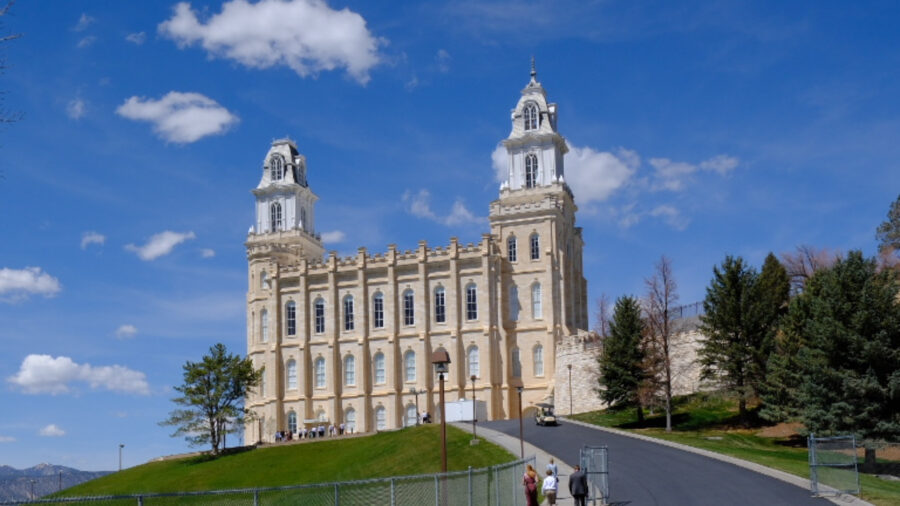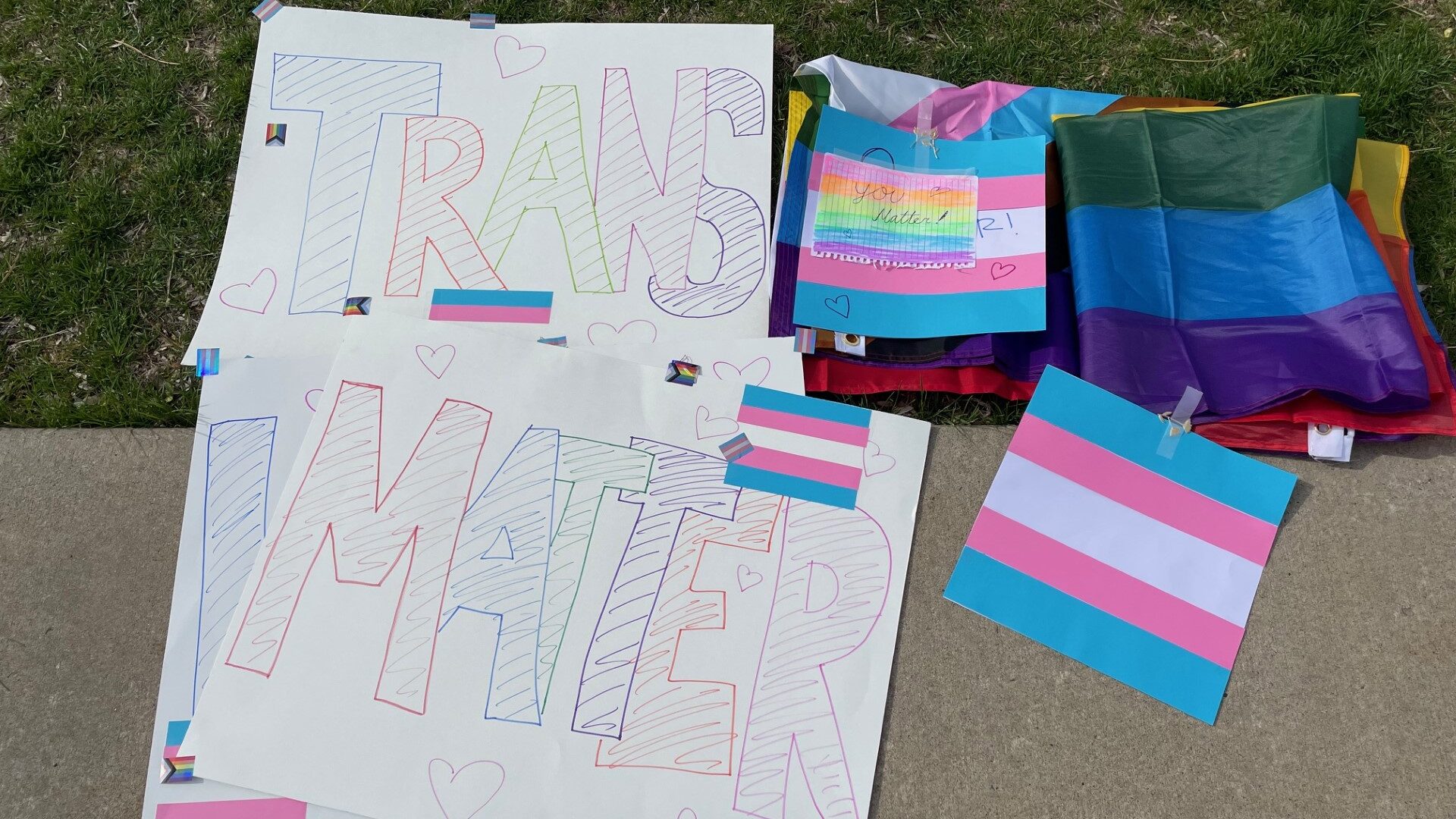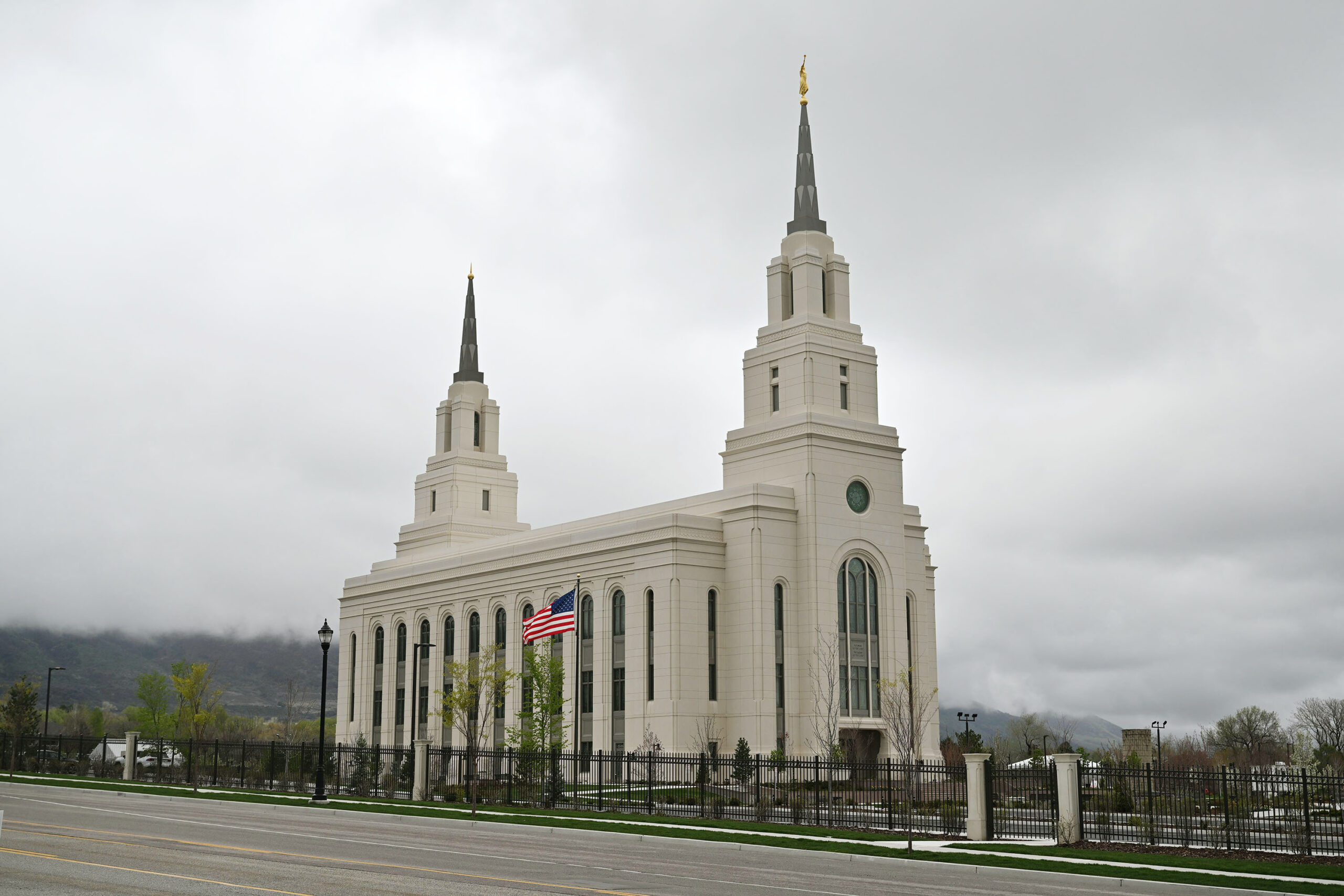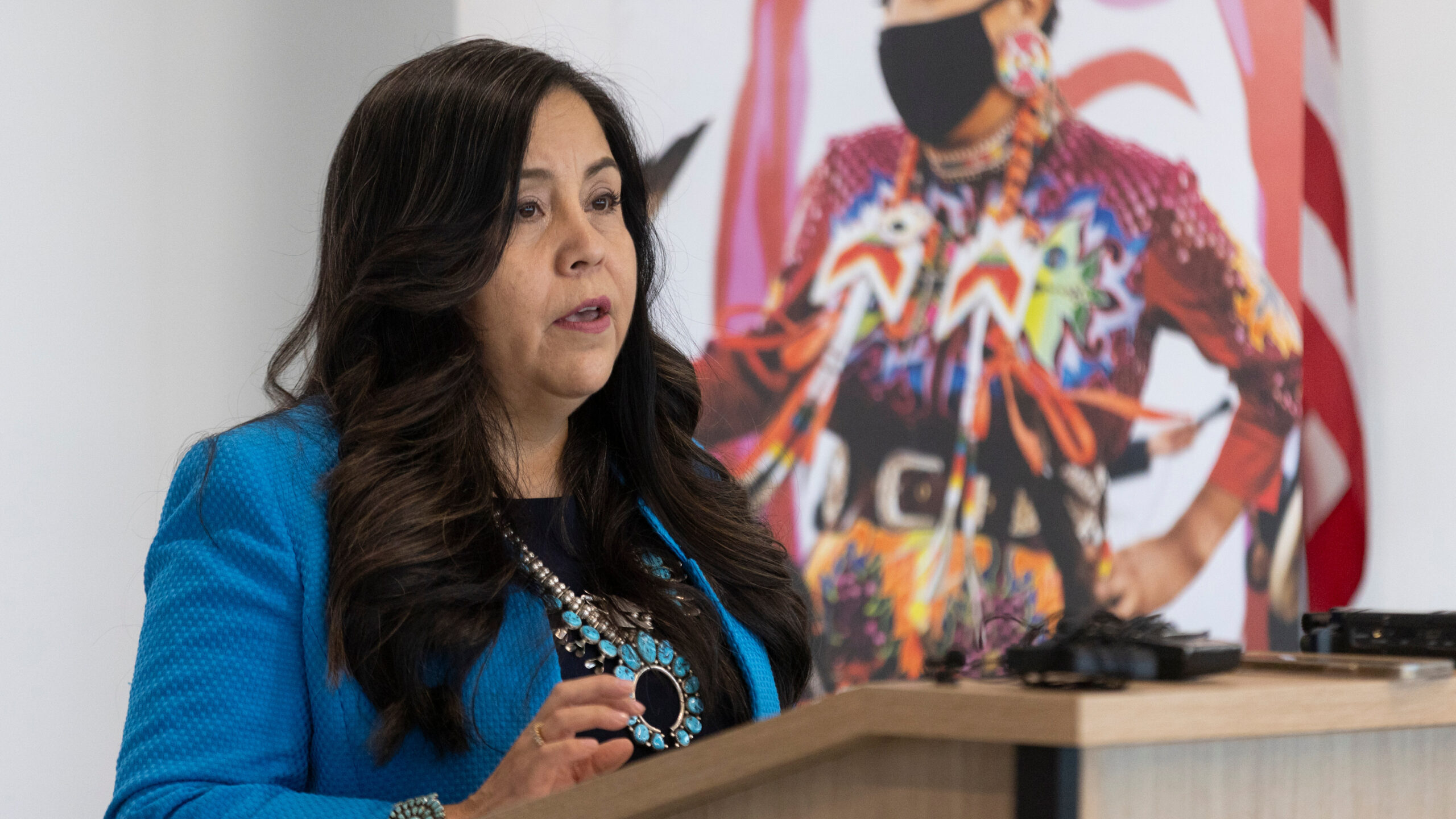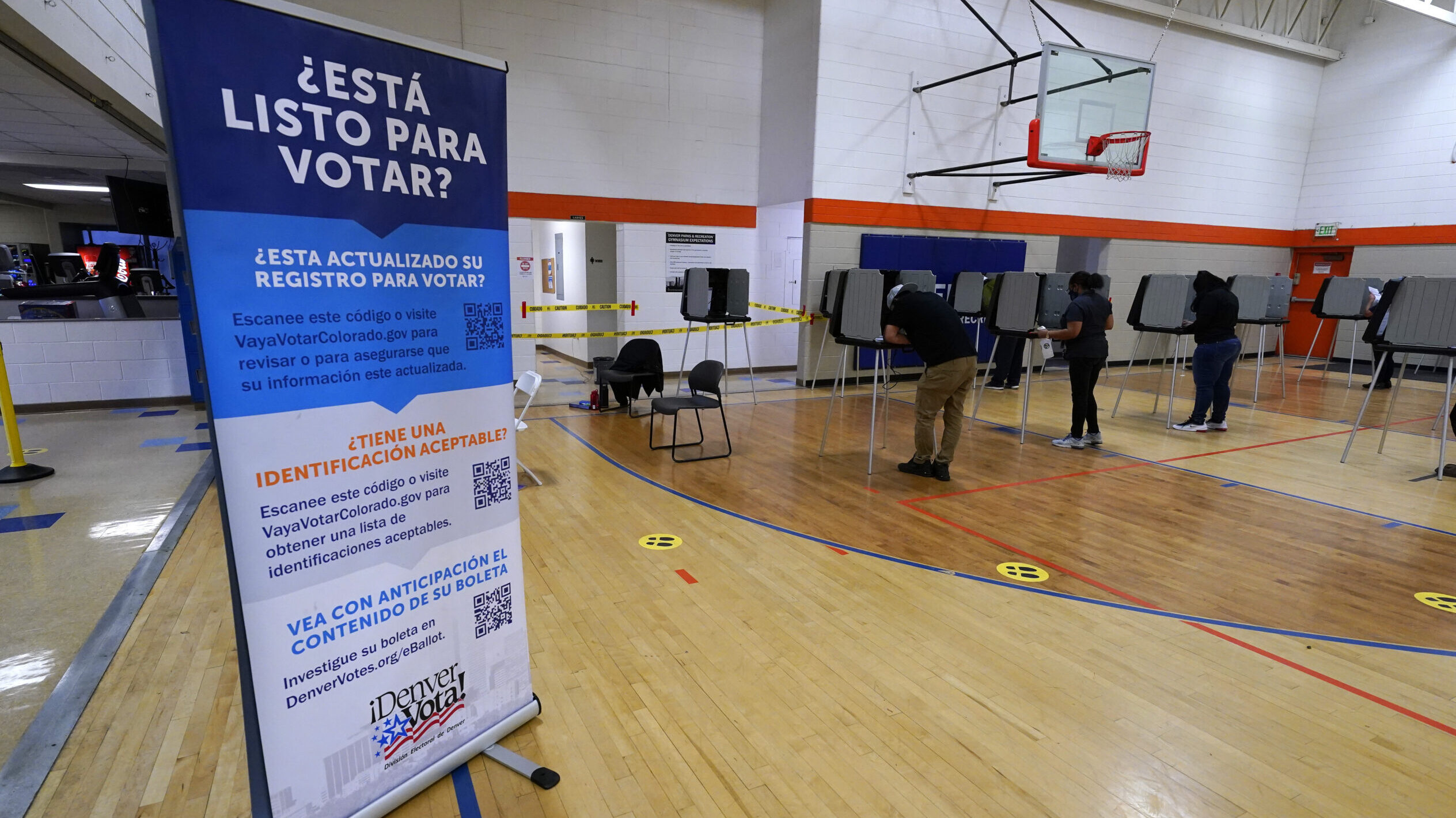RACE, RELIGION + SOCIAL JUSTICE
First freedoms: The interconnectedness of First Amendment rights
Oct 2, 2022, 11:45 AM | Updated: Oct 3, 2022, 9:19 am
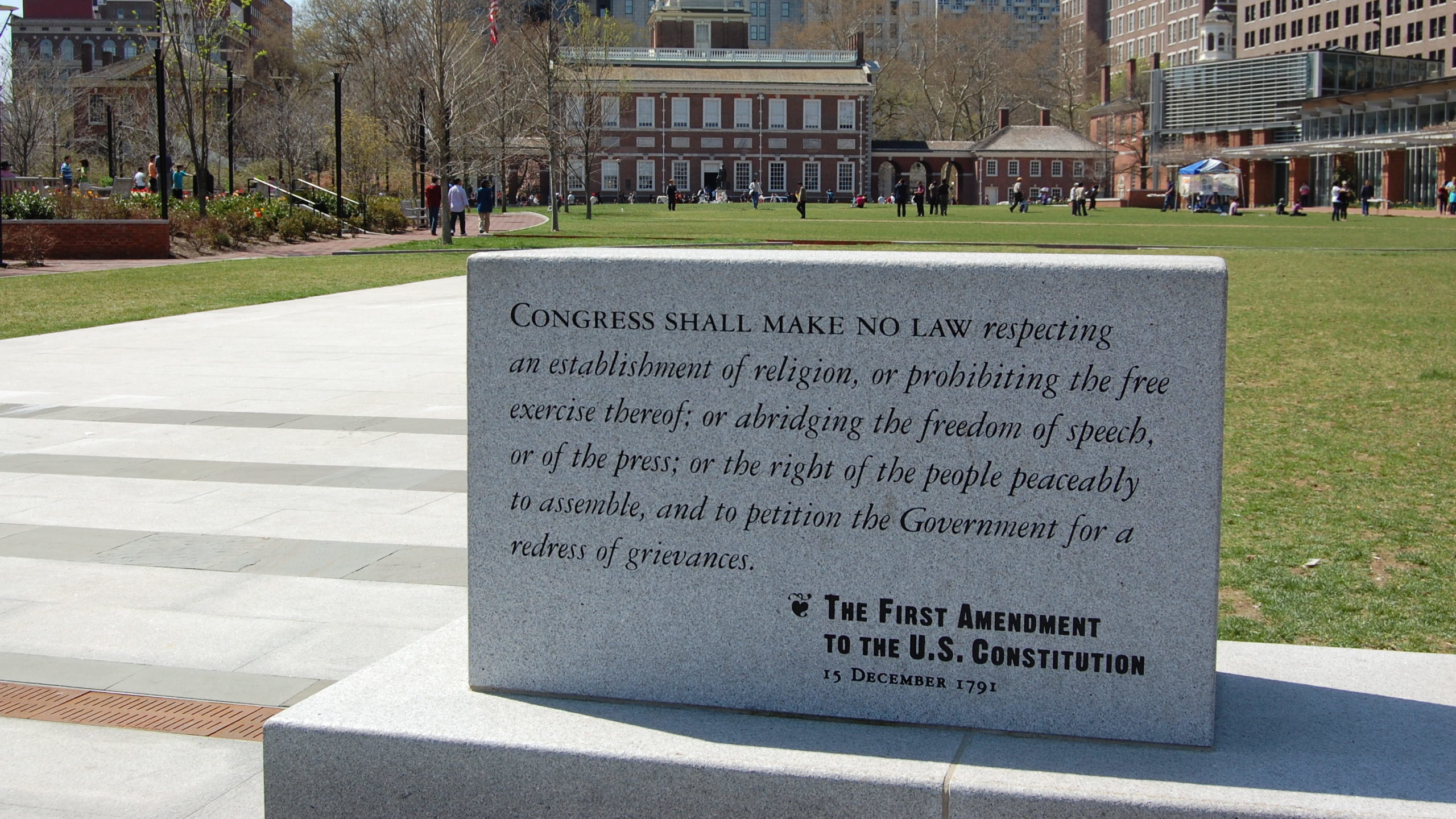
FILE: The first amendment on display in front of Independence Hall in Philadelphia. (Getty Images)
(Getty Images)
This is an editorial piece. An editorial, like a news article, is based on fact but also shares opinions. The opinions expressed here are solely those of the author and are not associated with our newsroom.
It’s been more than 40 years since Elder Neal A. Maxwell of the Church of Jesus Christ of Latter-day Saints spoke of the interconnectedness of the freedoms outlined in the First Amendment to the U.S. Constitution.
As part of a lecture series, he said that the First Amendment is a major branch of the tree from which one should try not to prune. He said those who are not connected with religious freedom, but solely with freedom of speech, will find that any pruning of religion will adversely affect freedom of speech.
With this, Elder Maxwell began a conversation centered on thinking about and then acting upon the importance of the United States’ constitutional form of government.
Today, importantly, it is imperative to remember that the First Amendment is claimed by all Americans. Including those with whom we disagree. That truth is part of the beauty and the burden of the First Amendment.
I recently spoke with former DC circuit Appeals Judge Thomas Griffith about the interconnectedness of our first freedoms.
It’s important,” he said, “because it’s so central to our concept of what a human being is and humans’ relationship to government. As Americans, we are committed to the idea that we are created in the image of God, and every individual, by virtue of that fact alone has great worth. And so therefore, they ought to be able to follow their conscience, they ought to be able to express their thoughts, they ought to be able to worship if that’s what they’re inclined to do, or to not worship. That’s critical to what the American experience is about.”
But, Judge Griffith also spoke of the necessary limits on those freedoms, and the danger of taking them to unsustainable extremes.
“We live in a society with other people. And we need to recognize that any right, taken to an extreme can actually do some harm. So this is where the real tough work comes. And this is where the tough work of the courts come. And legislators come,” Judge Griffith said.
“[It’s] tough to find the right lines, but we need to keep working at it because that’s so central to who we are as humans.”
Another essential aspect of our human lives enabled by the First Amendment is the functioning of a positive society. That concept was noted in a conversation I had with D. Todd Christofferson of the Quorum of the 12 Apostles in the Church of Jesus Christ of Latter-day Saints.
“They [the First Amendment freedoms] are essential, frankly, to the functioning of government, [and] to the functioning of society, as a whole,” Christofferson said.
The interconnectedness of the freedom of speech
The interdependent nature of our first freedoms not only requires every citizen to defend them generally, and to defend them for those we agree with but more importantly, to defend these rights for those with whom we disagree.
This point was illuminated in a conversation had with former United States Senator Joe Lieberman, where the senator emphasized how freedom of religion alone simply wasn’t enough for the founders.
“It wasn’t enough just to have freedom of religion, it also had to be matched with political freedom and freedom of the press, particularly, which in a lot of countries does not exist.”
To emphasize his point, Sen. Lieberman described a visit he’d once taken with other senators to Uzbekistan. While there, he asked the country’s dictatorial leader, Islam Karima, about freedom of religion in his nation.
Karima reportedly replied that, yes, the people in his country — mostly Muslims — had freedom of religion. When the same senators met with human rights activists the next day at the U.S. Embassy, they agreed.
“‘Well, generally speaking, he’s right, we have freedom of religion,'” the activists told Lieberman. “‘But if we say the slightest word of criticism toward the dictator, regardless of our religion, we’re in jail.”
“To make us a truly free society,” Lieberman said, “we have to have all those other freedoms that are dear to us.”
Applying compromise and moderation to contested issues
The U.S. Constitution was created in the spirit of compromise and unity. And what was appropriate and necessary in the summer of 1787 is still needed today. Some might say that today as divisiveness surrounds us, those qualities are needed more than ever.
The Constitution requires it. It requires that sort of civic-mindedness, that humility.
Those aspects of thinking can be applied if we see a group protesting and supporting ideas that we may not agree with. Whether it be on a school campus or on the steps of government, people need to be able to express ideas. I think you have to civilly engage with those ideas, to show why you think they are wrong in a way that is not threatening or hostile to another side.
The Constitution requires it.
The essential nature of the first first freedom
I once interviewed Best Selling Author Greg McEwan for his book Essentialism, the Disciplined Pursuit of Less, which is a must-read for many reasons. His framing of essential principles and action had me defining what is essential for me individually. Then, for my family, for the community, and ultimately, what is most essential when it comes to freedom and a constitutional republic.
During this time, I happened to listen to an address given by Elder David A. Bednar, a member of the Quorum of the 12 Apostles in the Church of Jesus Christ of Latter-day Saints. He gave a keynote address that was part of Brigham Young University’s three-day Religious Freedom Annual Review.
Elder Bednar shared a conversation he had with Elder Robert D. Hales, an aging associate. Elder Bednar asked Elder Hales, “what lesson have you learned as you have grown older and been constrained by decreased physical capacity?”
“When you cannot do what you have always done, then you will only do what matters most,” said Elder Hales after a pause.
I think that is truly a lesson for a lifetime. And in a most surprising and powerful way, the lesson is encompassed in the protection and pursuit of religious liberty in the context of first freedoms which is the topic here.
For those freedoms established in the First Amendment are central to the vitality and vibrancy of the American experience. All of these first freedoms, especially freedom of religion, the first of the first freedoms, are essential. And they are essential for billions of people around the world.
Fighting for the essential nature of religion
That truth was questioned, however, during the course of the COVID-19 pandemic. Recall that many were caused to review things that were essential and non-essential in relationship to society. In some states during the pandemic, the sale of alcohol, animal care, and legal services were deemed essential and allowed to continue.
But the work of clergy ministering to individuals and other expressions of religion were categorized as nonessential.
Controls on gatherings of all kinds, as well as speech and press, were put under immense pressure during the pandemic. Elder Bednar emphasized throughout his address that while believers and their religious organizations must be good citizens in times of crisis, never again can we allow government officials to treat the exercise of religion as simply non-essential.
Never again must the fundamental right to worship be trivialized below the ability to buy gasoline.
As we have just experienced, religious freedom can quickly be swept aside in the name of protecting other societal interests. Elder Bednar stated we cannot deny and we should not forget the speed and intensity with which government power was used to shut down fundamental aspects of religious exercise. Then, he added, we have witnessed the government’s swift, well-intentioned but often dangerous breaching of the boundaries that protect the free exercise of religion.
This includes gathering. Gathering, in short, is at the core of faith and religion. Indeed, if the faithful are not gathering, sooner or later, they will begin to scatter. Gathering versus scattering matters in those first freedoms not just as a relates to religious organizations or people of faith, but to all people in all communities.
It’s only a short hop from the breaching of those boundaries of limiting religious liberty to the full suppression of other first freedoms. These are the freedom of speech or of the press, and the right of the people to peaceably assemble.
Without citizens standing up and speaking out, basic freedoms falling from essential to non-essential can indeed be a swift and very slippery slope.
How best to fight for the first freedoms?
There are other duties that are part of upholding the inspired constitution. They include learning and advocating for the inspired principles of the Constitution. We should seek out and support wise and good persons who will support those principles in their public actions. We should be knowledgeable citizens who are active in making our influence felt in civic affairs.
Dr. Martin Luther King Jr. understood the absolutely essential nature of all the first freedoms. He understood that the courage, character, and clarity required to promote and protect them were also essential. He spent and ultimately gave his life in defense of the essentialness of those first freedoms.
Dr. King once said, courage is an inner resolution to go forward. Despite obstacles. Cowardice is submissive surrender to circumstances. Courage breeds creativity. Cowardice represses fear and is mastered by it.
Remembering the truly essential interconnectedness of first freedoms, and each of us acting with courage is the only way to ensure the preservation of liberty for ourselves and our posterity.
KellieAnn Halvorsen and Simone Seikaly contributed to this article.
Listen to the full special here:

